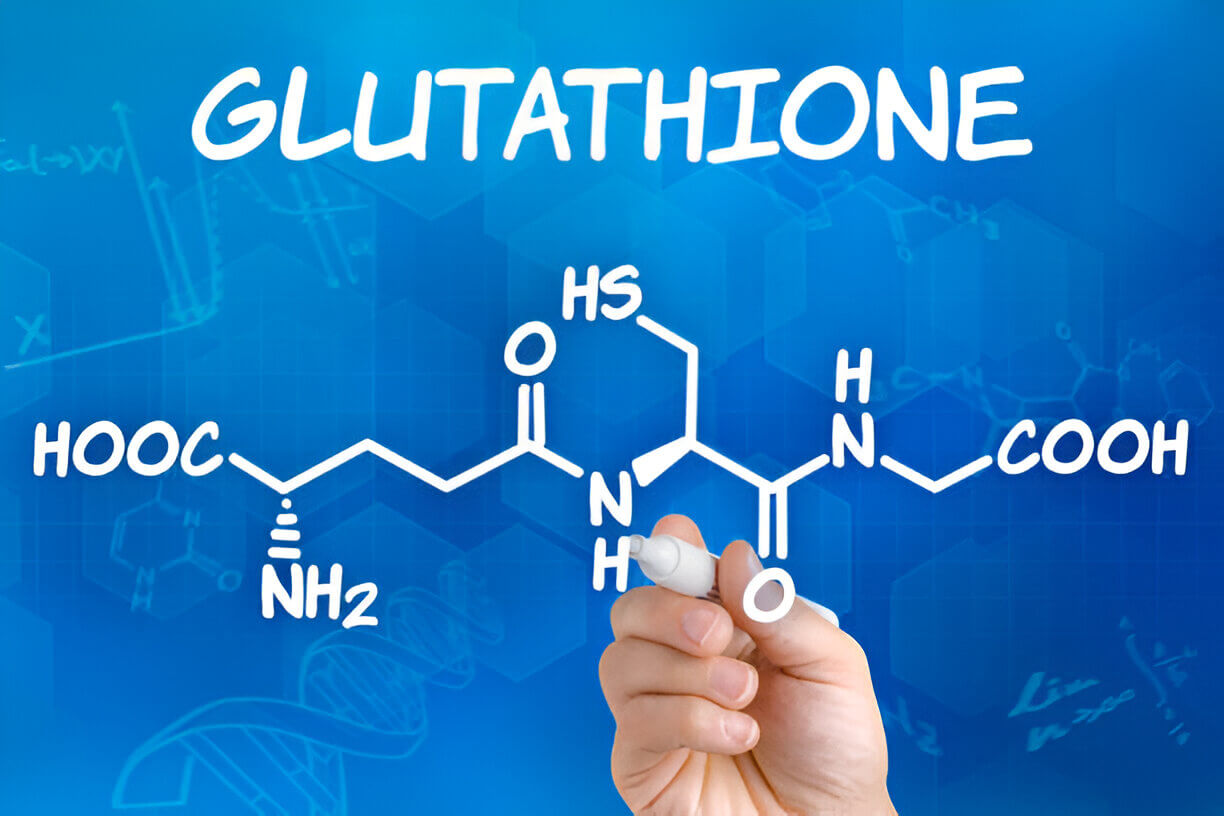Glutathione is a critical antioxidant in our bodies that helps combat oxidative stress and supports detoxification. However, to gain the maximum benefit and avoid potential risks, it’s important to be aware of certain considerations when using glutathione supplements. This guide will highlight key factors to avoid and provide practical tips for safe and effective use.
Understanding Glutathione
Glutathione, composed of three amino acids—cysteine, glutamic acid, and glycine—is crucial for cellular health. It neutralizes harmful free radicals, aids in detoxification, and supports overall well-being. Knowing how to use it properly ensures you maximize its benefits and minimize risks.
Key Considerations When Taking Glutathione
1. Avoid Excessive Alcohol Consumption
Effect on Glutathione Levels
Regular consumption of large amounts of alcohol can severely reduce glutathione levels in the liver, impairing its detoxification capabilities and increasing oxidative stress.
Recommendations
- Limit Alcohol Intake: To preserve glutathione levels, moderate your alcohol consumption. Consider reducing or eliminating alcohol to support your liver health.
- Consult Your Doctor: If you have a history of heavy drinking or liver disease, seek advice from a healthcare professional before starting glutathione supplements.
2. Be Cautious with Medications
Potential Drug Interactions
Glutathione supplements can interact with various medications, especially those processed by the liver. These interactions might alter how well medications work or lead to unexpected side effects.
Recommendations
- Discuss with Your Healthcare Provider: Before beginning glutathione supplementation, inform your doctor about all medications you are taking to prevent any adverse interactions.
- Monitor for Side Effects: Be vigilant about any new or unusual symptoms and report them to your healthcare provider immediately.
3. Avoid Taking Glutathione on an Empty Stomach
Impact on Absorption
Taking glutathione on an empty stomach can lead to reduced absorption and gastrointestinal discomfort. It may also increase the risk of nausea or stomach upset.
Recommendations
- Take with Meals: For better absorption and to reduce digestive issues, consume glutathione with food. This approach helps buffer the stomach and facilitates better nutrient uptake.
- Follow Dosage Instructions: Stick to the dosage instructions on the product label and consult your doctor for personalized timing advice.
4. Avoid Overuse of Glutathione
Risks of Excessive Intake
Taking too much glutathione can disrupt the body’s natural balance and lead to side effects such as nausea, abdominal pain, or digestive problems.
Recommendations
- Stick to Recommended Dosages: Follow the recommended dosage on the supplement label and consult a healthcare provider before making any changes.
- Regular Check-ups: Regularly review your supplement regimen with a healthcare provider to ensure it remains suitable for your needs.
5. Be Wary of Low-Quality Supplements
Importance of Quality
Not all glutathione supplements are equal. Some may contain fillers, contaminants, or substandard forms of glutathione that can be ineffective or harmful.
Recommendations
- Choose Reputable Brands: Select supplements from well-known brands that offer transparency about their ingredients and third-party testing.
- Read Labels Carefully: Examine the product labels for active ingredients, dosage, and any potential allergens or additives.
Special Considerations for Glutathione Use
Glutathione and Alcohol Consumption
Detoxification Role
While glutathione supports detoxification, it is not a substitute for reducing alcohol consumption. Heavy drinking depletes glutathione levels, which impairs its effectiveness in detoxification.
Recommendations
- Moderation is Crucial: Use glutathione as part of a balanced approach to health that includes moderating alcohol intake and seeking help if necessary.
- Consult for Guidance: Work with a healthcare provider to develop a comprehensive plan for alcohol detoxification and supplementation.
Intravenous Glutathione
Considerations for IV Use
Intravenous (IV) glutathione treatments provide immediate antioxidant support but require careful administration and monitoring.
Recommendations
- Follow Professional Advice: If receiving IV glutathione, adhere strictly to your healthcare provider’s instructions regarding dosage and frequency.
- Watch for Reactions: Monitor for any adverse effects during and after treatment and report them to your healthcare provider.
Managing Reduced Glutathione Levels
Addressing Deficiencies
Low glutathione levels can result from various factors, including health conditions and lifestyle choices. Tailored advice is necessary to manage and improve glutathione levels effectively.
Recommendations
- Seek Professional Evaluation: Consult with a healthcare provider to diagnose the cause of low glutathione levels and receive a personalized treatment plan.
- Adopt Comprehensive Strategies: Address lifestyle factors and consider dietary changes or additional supplements to support overall glutathione levels.
Best Practices for Glutathione Supplementation
Choosing the Appropriate Form
Forms of Glutathione
Glutathione is available in different forms, including oral tablets, capsules, and suppositories. Each has varying absorption rates and effectiveness.
Recommendations
- Consult for Optimal Form: Discuss with your healthcare provider to select the most suitable form of glutathione based on your needs and preferences.
- Experiment with Timing: Adjust the timing of your supplementation to find what works best for you, considering daily routines and dietary habits.
Combining with Other Supplements
Enhancing Efficacy
Glutathione can be combined with other supplements, such as selenium and magnesium, which may enhance its benefits. However, proper management is essential to avoid adverse interactions.
Recommendations
- Consult on Combinations: Discuss with your healthcare provider the potential benefits and risks of combining glutathione with other supplements.
- Monitor Interactions: Keep track of any new symptoms or interactions and adjust your regimen as needed.
Optimal Timing for Supplementation
Timing and Effectiveness
The timing of glutathione supplementation can influence its effectiveness. Finding the best time to take it depends on individual health goals and supplement form.
Recommendations
- Personalize Timing: Experiment with different times of the day to determine when glutathione supplementation works best for you. Consider factors such as your daily routine and dietary habits.
- Seek Guidance: For personalized timing recommendations, consult with a healthcare provider who can tailor advice to your specific health goals and lifestyle.
Conclusion
Proper use of glutathione supplements can greatly benefit your health when done correctly. By avoiding excessive alcohol, being cautious with medications, taking it with food, and choosing high-quality supplements, you can maximize the benefits while minimizing risks. Always consult with a healthcare provider for personalized advice, especially if you have specific health conditions or are undergoing treatments involving glutathione. Following these guidelines will help you incorporate glutathione into your health routine safely and effectively.
Also Read @ What Sweets Can You Eat with Acid Reflux?



